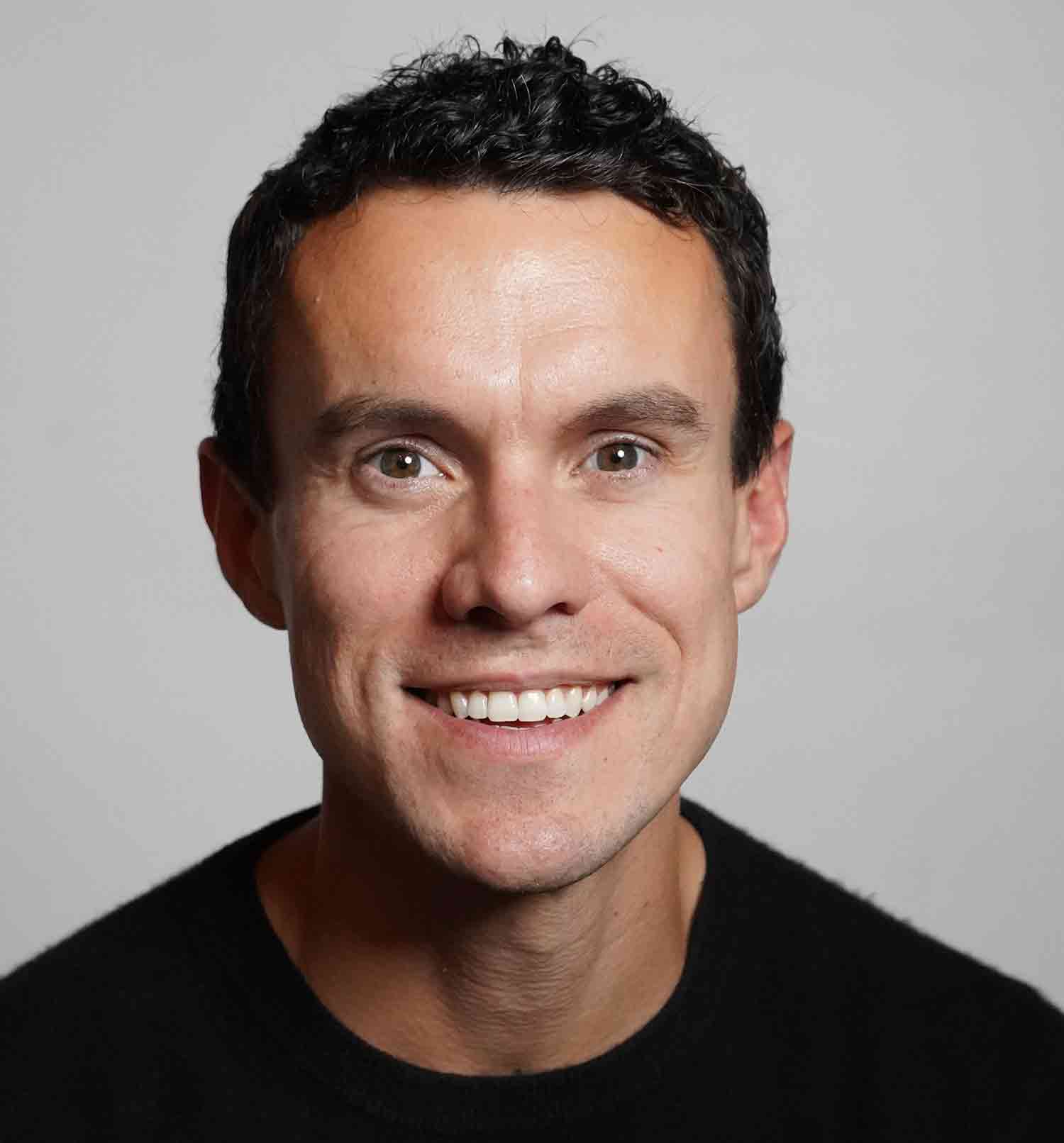
Uncertainty about what lies ahead is a theme in every conference I attend and hospitality leader I’ve spoken with recently. Still, more potential exists today than ever for creativity in serving guests and driving business results. To illustrate this, I want to examine The Social Hub, originally launched as The Student Hotel in 2012. In my article earlier this year, How The Social Hub Uses Community to Thrive in Hospitality, we explored the company’s focus on community-building as a core strategic opportunity. For this article, I spoke with the company’s founder and CEO, Charlie MacGregor, about how their “hybrid hospitality” business model has made it socially engaging and financially resilient.
Community-Driven“Hybrid Hospitality”
The Social Hub’s story is deeply rooted in a commitment to building vibrant, inclusive communities. You can hear founder Charlie talk more about this here if you’d like:
Their approach prioritizes community engagement at the executive level, integrating local stakeholders and crafting programs that foster real-world connections. But beyond the social impact, The Social Hub has strategically leveraged this community ethos to pioneer hybrid hospitality.
Hybrid hospitality extends its community-centric vision by blending different groups—students, corporate travelers, freelancers, and locals—under one roof. By offering diverse experiences within a single location, The Social Hub creates spaces that serve as a nexus for social interaction, professional collaboration, and cultural engagement.
According to Charlie, this mix optimizes both occupancy and profitability.
Flexibility as a Key to Financial Resilience
One of the standout features of hybrid hospitality is its inherent flexibility. As discussed in my previous article, The Social Hub’s approach is akin to managing an “urban campus,” where spaces are adaptable to the needs of residents, guests, and local communities. This flexibility extends to how the property is managed and its ability to adjust room allocation between short-term stays, long-term leases, and event spaces based on market demands.
This dynamic model allows The Social Hub to weather market fluctuations more easily. For instance, during the COVID-19 pandemic, when many hotels struggled, The Social Hub adjusted its inventory to focus on student stays, maintaining high occupancy levels when traditional hotel bookings plummeted. We stayed EBITDA positive all through COVID, Charlie told me.
This adaptability is a hallmark of hybrid hospitality, enabling properties to pivot between different guest types and services without sacrificing the core community experience.
Building a Revenue Model that Thrives on Local Engagement
The Social Hub’s hybrid model also capitalizes on the power of local engagement. As mentioned in my earlier article, community-building efforts are not just about offering amenities; they are about creating meaningful connections between guests, residents, and local stakeholders.
The hybrid hospitality model takes this a step further by inviting locals into the spaces—whether through co-working memberships, hosting community events, or partnering with local businesses.
This turns hotel lobbies into buzzing hubs where guests and locals mingle, work, and network. It enhances the property’s appeal to diverse customer segments, from corporate travelers seeking vibrant workspaces to locals looking for a place to collaborate and connect. This approach creates a richer, more integrated experience. It also results in additional revenue streams through memberships and increased utilization of on-site food and beverage venues.
Operational Excellence Meets Community Values
While hybrid hospitality offers new avenues for growth, implementing this model requires operational agility and a willingness to rethink traditional hospitality norms.
The Social Hub treats general managers as “mayors” of their locations, tasked with fostering a sense of belonging for residents, guests, and neighbors. This philosophy also guides their approach to running a hybrid property, blending operational expertise with a community-first mindset.
Charlie acknowledges the challenges, especially the complexity of managing such a dynamic space. We’re not cookie-cutter in any way, he said. The Social Hub uses specialized tools, like a modern property management system, to handle varied booking needs, from short-term hotel stays to long-term student accommodations. By combining the hospitality expertise required to run a professional hotel with a flexible, community-oriented mindset, they have created a model that is both sustainable and scalable.
The Financial Upside of Hybrid Hospitality
But hybrid hospitality is not just about community—it’s a financial game-changer, too.
As mentioned earlier, The Social Hub’s ability to shift room allocations between different guest types enables them to maintain high occupancy rates year-round. This model also allows for strategic pricing adjustments, such as increasing hotel room availability during peak tourist seasons and allocating more rooms to long-term stays when short-term demand dips.
Such adaptability has proven to be a key differentiator, particularly during economic downturns or unexpected disruptions like the pandemic. By providing diverse revenue streams, from co-working memberships to student housing, The Social Hub reduces reliance on any single market segment, creating a more resilient business model.
A Blueprint for Future Success
Hybrid hospitality is more than a buzzword—it’s a strategic evolution of traditional hotel models that aligns perfectly with The Social Hub’s community-driven ethos. By embracing flexibility and prioritizing meaningful local connections, The Social Hub has demonstrated that hospitality businesses can do more than adapt to changing market conditions—they can thrive in them. This approach not only enriches the guest experience but also drives sustained financial success, making it a sign of what’s possible in the future of our industry.
The Social Hub’s model offers a compelling vision for hospitality leaders looking to enhance their community engagement and profitability. It shows that by breaking down the barriers between different types of guests and creating spaces that reflect the vibrant fabric of real life, hotels can become much more than just a place to sleep—they can become vital, thriving community hubs. And by building on the strengths of community, The Social Hub’s embrace of hybrid hospitality is a testament to how innovation and a people-centered approach can transform the industry for the better.
Josiah Mackenzie hosts the Hospitality Daily Podcast to help you stay informed and inspired each day by the most interesting people in hospitality.
Please visit:
Our Sponsor
